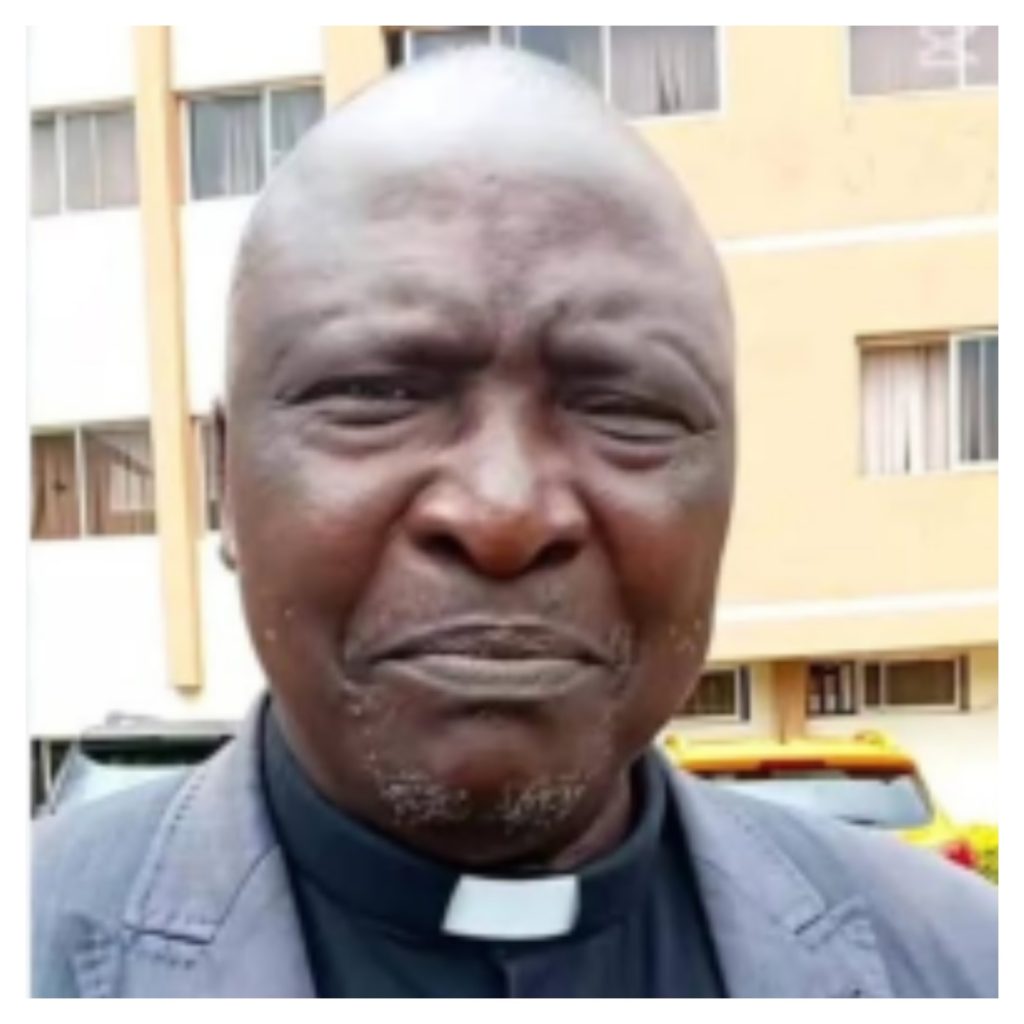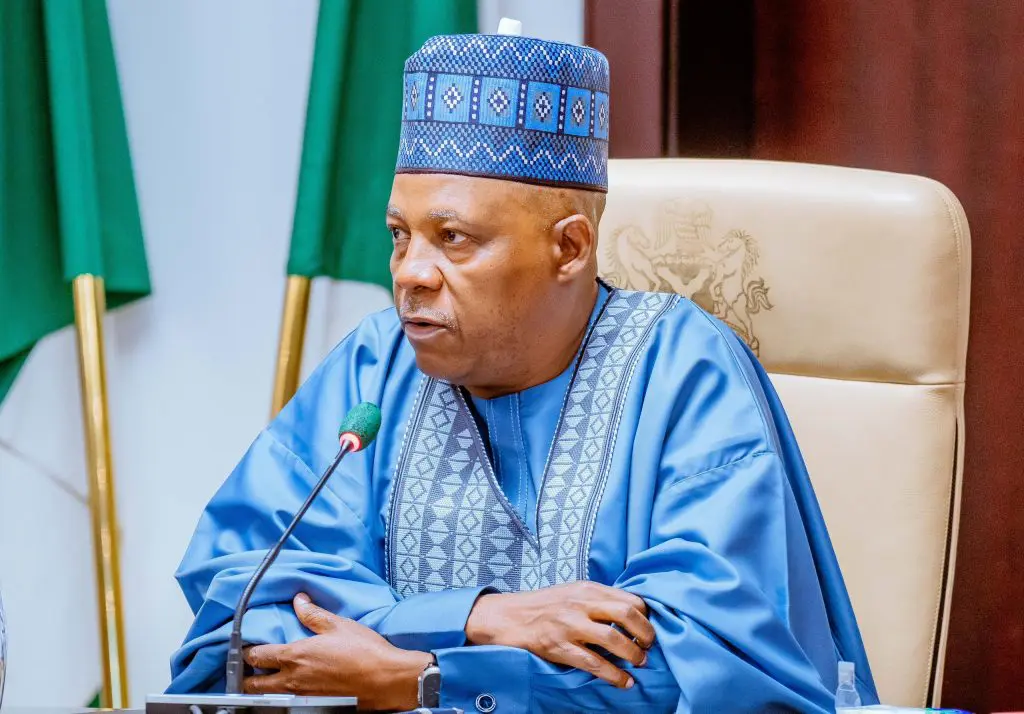In a significant move, Russian President Vladimir Putin has signed a decree allowing foreigners serving in the Russian armed forces to apply for Russian citizenship, along with their family members.
According to Russia’s legal information portal, the decree states that foreign citizens who have signed a contract to serve in the Russian armed forces during a special military operation, as well as those currently serving or who have resigned during this operation, have the right to seek Russian citizenship. This privilege extends to their spouses and children.
This decision marks a significant shift in Russia’s citizenship policy and is expected to have far-reaching implications both domestically and internationally.
The decree, signed by President Putin, represents a bold step towards integrating foreign nationals into the Russian military ranks, potentially bolstering the country’s armed forces with diverse talent and expertise from around the world.
The move also reflects Russia’s commitment to strengthening its armed forces and fostering international cooperation in military affairs.
Notably, this development is likely to spark dialogue and debate on the global stage, with implications for international diplomacy, military recruitment, and the rights of foreign nationals in military service.
By granting citizenship to foreign military personnel, Russia has opened a new chapter in its military history, signaling a shift towards inclusivity and diversity within its armed forces.
This decree is poised to reshape the landscape of military service in Russia and could serve as a model for other nations grappling with similar issues of integration and diversity within their armed forces.
The decision to grant citizenship to foreigners serving in the Russian armed forces underscores the country’s evolving approach to national security and its recognition of the valuable contributions made by foreign personnel in safeguarding its interests.
As this transformative decree takes effect, its impact on the global military community and the broader geopolitical landscape will undoubtedly be closely monitored and analyzed.
The move by President Putin has the potential to set a precedent for other nations and may influence the discourse on citizenship, military service, and international cooperation in the years to come.
![trump boasts us economic success [UPDATED] US Is 'Economic Engine Of The Planet', Trump Tells World Leaders In Davos • Channels Television](https://mediatalkafrica.com/wp-content/uploads/2026/01/xTrump-boasts-US-economic-success.j.jpeg.pagespeed.ic.9zcSv1omuZ.jpg)


